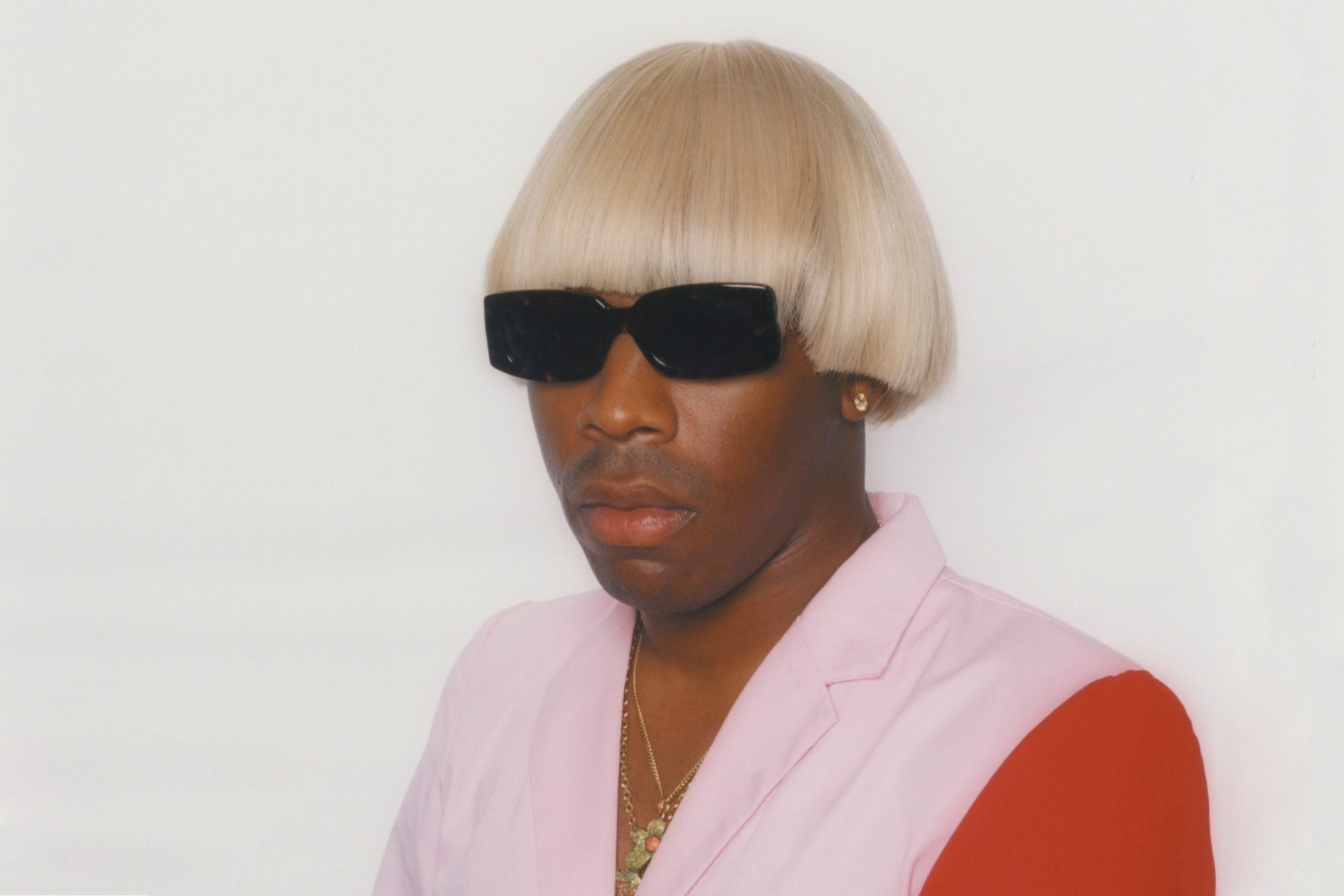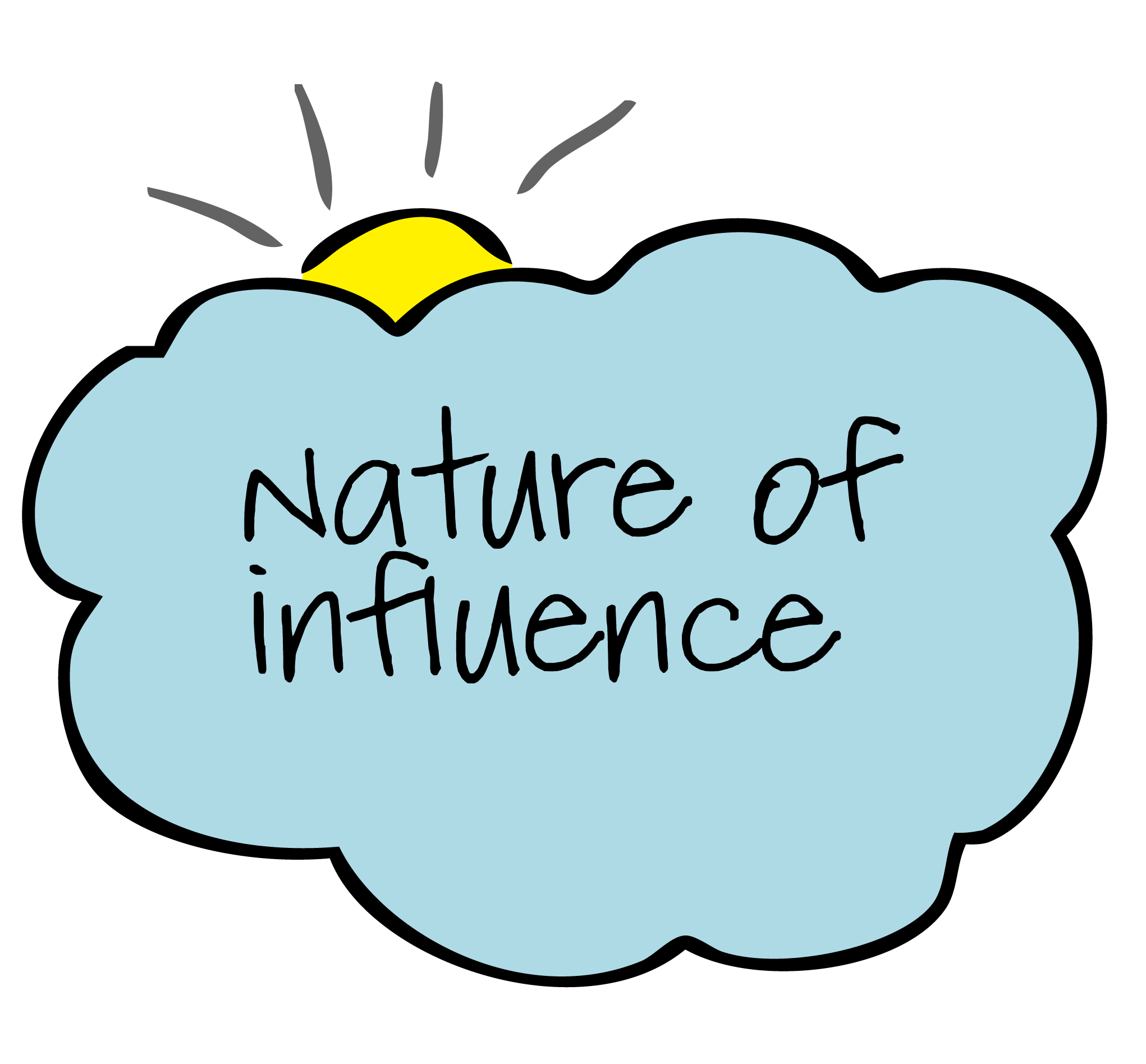Table of Contents
Introduction
Tyler, The Creator's dad has long been a topic of intrigue and speculation among fans and critics alike. The enigmatic figure, who remains largely absent from Tyler's public narrative, plays a pivotal role in shaping the artist's creative journey and personal philosophy. While Tyler has occasionally alluded to his father in interviews and lyrics, the details remain scarce, leaving much to the imagination. This article delves into the influence and legacy of Tyler, The Creator's dad, exploring how his presence—or absence—has impacted one of modern music's most innovative figures.
Tyler Gregory Okonma, better known as Tyler, The Creator, is a Grammy-winning rapper, singer, songwriter, and producer who has redefined the boundaries of hip-hop and alternative music. His unique style, characterized by bold experimentation and raw emotional expression, has earned him a dedicated fanbase and critical acclaim. However, beneath the surface of his creative genius lies a complex relationship with his family, particularly his father, whose influence looms large over Tyler's life and work.
Read also:Veronika Obando The Inspiring Journey Of A Rising Star
This exploration is not just about uncovering the identity of Tyler's dad but also understanding how the dynamics of their relationship have shaped Tyler's artistry, worldview, and legacy. By examining Tyler's music, interviews, and public statements, we aim to shed light on the profound impact of familial connections—or the lack thereof—on an artist's creative output. Let us embark on this journey to uncover the story behind Tyler, The Creator's dad and the lasting imprint he has left on his son's life.
Biography of Tyler, The Creator
Tyler Gregory Okonma was born on March 6, 1991, in Ladera Heights, California. Raised primarily by his mother, Karen, Tyler grew up in a household that fostered creativity and independence. From an early age, he exhibited a keen interest in art, fashion, and music, often spending hours sketching, designing clothing, and experimenting with beats on his computer. His early exposure to diverse genres, ranging from hip-hop to punk rock, laid the foundation for his eclectic musical style.
Tyler gained widespread recognition in 2007 as a founding member of the alternative hip-hop collective Odd Future Wolf Gang Kill Them All (OFWGKTA). The group's irreverent lyrics, DIY aesthetic, and boundary-pushing visuals quickly garnered a cult following. Tyler's solo debut, "Bastard," released in 2009, showcased his raw talent and willingness to tackle taboo subjects, setting the stage for his rise to prominence. Over the years, Tyler has released critically acclaimed albums such as "Goblin," "Flower Boy," and "IGOR," each marked by its distinct sound and thematic depth.
| Full Name | Tyler Gregory Okonma |
|---|---|
| Date of Birth | March 6, 1991 |
| Place of Birth | Ladera Heights, California, USA |
| Occupation | Rapper, Singer, Songwriter, Producer, Fashion Designer |
| Notable Works | "Goblin," "Flower Boy," "IGOR," "Call Me If You Get Lost" |
| Awards | Grammy Award for Best Rap Album (2020) |
Tyler's journey from a self-taught musician to a global icon is a testament to his relentless creativity and determination. Despite facing challenges, including controversies surrounding his early lyrics and public image, Tyler has consistently evolved as an artist, earning respect for his authenticity and innovation. His ability to blend personal storytelling with universal themes has resonated with audiences worldwide, solidifying his status as a cultural trailblazer.
The Mystery of Tyler's Father
One of the most intriguing aspects of Tyler, The Creator's life is the mystery surrounding his father. Unlike many public figures who openly discuss their family backgrounds, Tyler has chosen to keep the details of his paternal relationship private. In interviews, he has occasionally mentioned his father, but these references are often cryptic and leave more questions than answers. For instance, in his song "Where This Flower Blooms," Tyler raps about a father figure, but the lyrics remain ambiguous, offering little clarity about the nature of their relationship.
Speculation about Tyler's dad has been fueled by his own reluctance to divulge information. Some fans have theorized that his father's absence may have been a significant factor in shaping Tyler's independent and self-reliant personality. Others have suggested that Tyler's artistic expression serves as a way to process unresolved emotions related to his father. While Tyler has not explicitly confirmed or denied these theories, his music often reflects themes of identity, belonging, and the search for meaning—topics that could be linked to his paternal connection.
Read also:Mydeshinet A Comprehensive Guide To Bangladeshs Premier Online Platform
The lack of concrete information about Tyler's dad has sparked curiosity among fans and media outlets. Various online forums and social media platforms have seen discussions attempting to piece together fragments of information. Some have even speculated that Tyler's father might be involved in the entertainment industry, given Tyler's own multifaceted career. However, without official confirmation from Tyler himself, the true identity and role of his father remain shrouded in mystery.
Tyler's Relationship with His Father
While Tyler, The Creator has been tight-lipped about the specifics of his relationship with his father, glimpses into their dynamic can be gleaned from his music and interviews. In songs like "Fucking Young / Perfect," Tyler touches on themes of parental expectations and the complexities of familial bonds. He raps about the tension between pursuing personal dreams and meeting societal or familial obligations, suggesting that his relationship with his father may have been marked by unspoken pressures or unmet expectations.
In interviews, Tyler has occasionally opened up about the emotional weight of growing up without a consistent paternal presence. He has described feeling a void that he sought to fill through his creative endeavors. This sentiment is echoed in tracks like "Garden Shed," where Tyler reflects on the challenges of navigating life without the guidance of a father figure. The absence of his dad appears to have instilled in Tyler a deep sense of self-reliance, pushing him to carve out his own path in life and art.
Despite the apparent absence, Tyler has expressed moments of gratitude for the lessons he learned indirectly from his father. In a 2017 interview with The New York Times, Tyler mentioned that his father's influence, though distant, taught him the importance of resilience and adaptability. These qualities have become hallmarks of Tyler's career, as he has consistently reinvented himself and pushed boundaries in both music and fashion. The duality of Tyler's feelings—gratitude for the lessons learned and longing for a closer connection—paints a nuanced picture of his relationship with his father.
How Tyler's Father Influenced His Music
Tyler, The Creator's music serves as a canvas where he explores the complexities of his relationship with his father. While direct references to his dad are rare, the emotional undertones of absence, longing, and introspection permeate many of his tracks. For example, in "See You Again," Tyler reflects on themes of loss and separation, using poetic imagery to convey the pain of an incomplete familial bond. The song's haunting melody and introspective lyrics suggest a deep yearning for closure and understanding, emotions that may stem from his relationship with his father.
Another notable example is "November," a track from Tyler's critically acclaimed album "Flower Boy." Here, Tyler delves into themes of identity and self-discovery, hinting at the impact of paternal absence on his journey toward self-acceptance. The song's layered production and candid lyrics create a space for listeners to connect with Tyler's vulnerability, offering a glimpse into how his father's influence—or lack thereof—has shaped his worldview. Similarly, in "Pothole," Tyler raps about the scars left by unspoken words and unresolved emotions, further emphasizing the lasting imprint of his father on his artistic expression.
Music critics and fans alike have noted the recurring motifs of family and identity in Tyler's work. In a 2020 article by Pitchfork, the publication highlighted how Tyler's exploration of these themes has resonated with audiences who have experienced similar struggles. By channeling his emotions into his music, Tyler transforms personal pain into universal art, creating a bridge between his life and the lives of his listeners. This ability to turn vulnerability into strength is a testament to Tyler's artistry and underscores the profound influence of his father on his creative journey.
Tyler's Creative Legacy
Tyler, The Creator's creative legacy is a testament to his ability to blend personal experiences with universal themes, creating art that resonates across generations. His father's influence, whether direct or indirect, has played a pivotal role in shaping his artistic vision. From his early days with Odd Future to his solo career, Tyler has consistently pushed boundaries, challenging traditional notions of genre and identity. His work is characterized by a fearless exploration of emotions, often drawing from his own life to craft narratives that feel both deeply personal and universally relatable.
One of the most significant aspects of Tyler's legacy is his ability to redefine what it means to be an artist in the modern era. He has seamlessly integrated music, fashion, and visual storytelling into his brand, establishing himself as a multidisciplinary creative force. His fashion line, Golf Wang, and his media platform, Camp Flog Gnaw, exemplify his commitment to innovation and self-expression. These ventures reflect the independence and resilience he attributes to his upbringing, qualities that may have been shaped by his relationship with his father.
Tyler's impact extends beyond his artistic output. He has become a cultural icon, inspiring countless young artists to embrace their individuality and break free from societal constraints. His openness about his struggles and triumphs has fostered a sense of connection with his audience, encouraging them to explore their own identities. By channeling his experiences into his art, Tyler has created a legacy that transcends music, leaving an indelible mark on the cultural landscape.
The Intersection of Personal and Universal Themes
Tyler's ability to weave personal narratives into his work has been a cornerstone of his success. Songs like "Earfquake" and "A Boy Is a Gun" explore themes of love, vulnerability, and self-discovery, offering listeners a window into his emotional world. These tracks resonate because they tap into universal human experiences, making Tyler's art accessible to a wide audience. His willingness to confront difficult emotions head-on has earned him respect as an artist unafraid to bare his soul.
Inspiring the Next Generation
As Tyler continues to evolve as an artist, his influence on the next generation of creators becomes increasingly evident. Young musicians and designers cite him as a source of inspiration, praising his authenticity and boundary-pushing approach. By staying true to himself and his vision, Tyler has paved the way for others to do the same, ensuring that his legacy will endure for years to come.
Tyler's Impact on Modern Music
Tyler, The Creator's influence on modern music is undeniable, as he has consistently challenged conventions and redefined what it means to be an artist in the 21st century. His unique blend of genres—ranging from hip-hop and R&B to punk and jazz—has inspired countless musicians to experiment with their own sounds. Artists such as Playboi Carti, Lil Uzi Vert, and Brockhampton have cited Tyler as a major influence, crediting him with expanding the possibilities of what music

